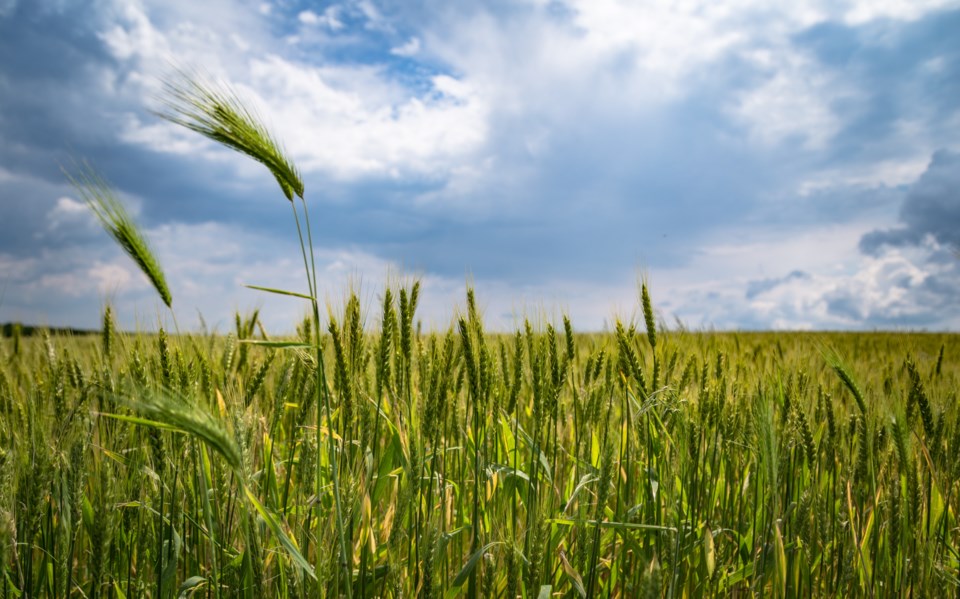The Ontario Farmland Trust, on the heels of an unanswered open letter to Ontario Premier Doug Ford, is continuing efforts to bring awareness to the public of what they believe to be worrying policy changes in the new provincial planning statement.
“The proposed policy changes will lead to significantly higher rates of farmland loss,” OFT’s Executive Director Martin Straathof said in a news release. “These policies indicate that this government is not interested in protecting agriculture and is overly focused on housing, which while important, is too narrow of an interest for the policy framework for land-use planning to focus on across our vast province.”
While recognizing that the housing supply issue needs to be addressed, OFT emphasizes that the housing issue would simply be replaced by food insecurity and the undermining of rural economies.
The rate of farmland loss in Ontario has increased dramatically since the 2016 Census of Agriculture, from 175 acres to 319 acres of farmland being lost every single day, the release added. Straathof said that with the increased rate of farmland loss, Ontario’s 11.8 million acres of today’s farmland will be gone within the next 100 years.
“What we see in these policy changes is the ability to indiscriminately develop on Ontario’s best land for food production. Prime soil for food production is a finite resource. Agriculture cannot simply be moved elsewhere,” Straathof said, while noting Ontario’s agri-food sector currently employs 1 in 10 Ontarians and contributes $47 billion to the province’s GDP.
OFT has raised several concerns about the proposed changes, including mandatory allowance of up to three lot severances per parcel in prime agricultural areas.
Straathof comments, “Additionally, the government removed the requirement to plan for an agricultural system, municipal comprehensive reviews, and reduced or eliminated density targets in the Greater Golden Horseshoe (GGH). This will lead to inefficient land use in settlement areas, leading to unnecessary and premature boundary expansion on prime farmland.”
OFT says is focused on empowering community members through education, enabling civic engagement and bolstering involvement at the local municipal levels. To support this, a Take Action campaign has been launched by OFT. It is asking the public to:
- Reach out to the Ontario Farmland Trust and other conservation groups to support their work
- Contact your local MPP and let them know you disagree with PPS
- Submit a Letter to the Environmental Registry of Ontario
- Join a local rally in support of farmland and natural habitat
- Share with friends, family, and coworkers and encourage them to join in these activities.
- Template letters have been made available to the public at https://ontariofarmlandtrust.ca/get-involved/take-action/
